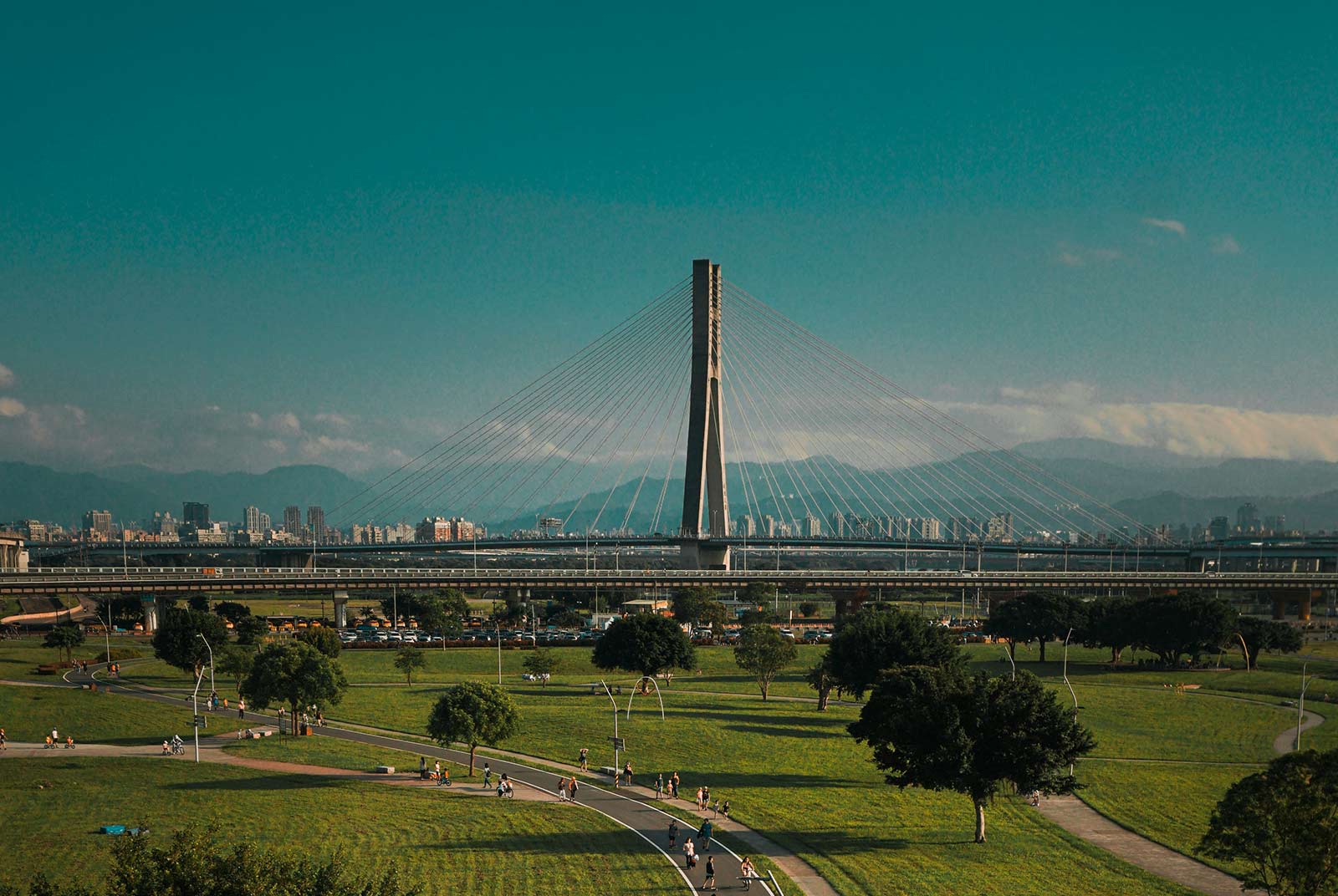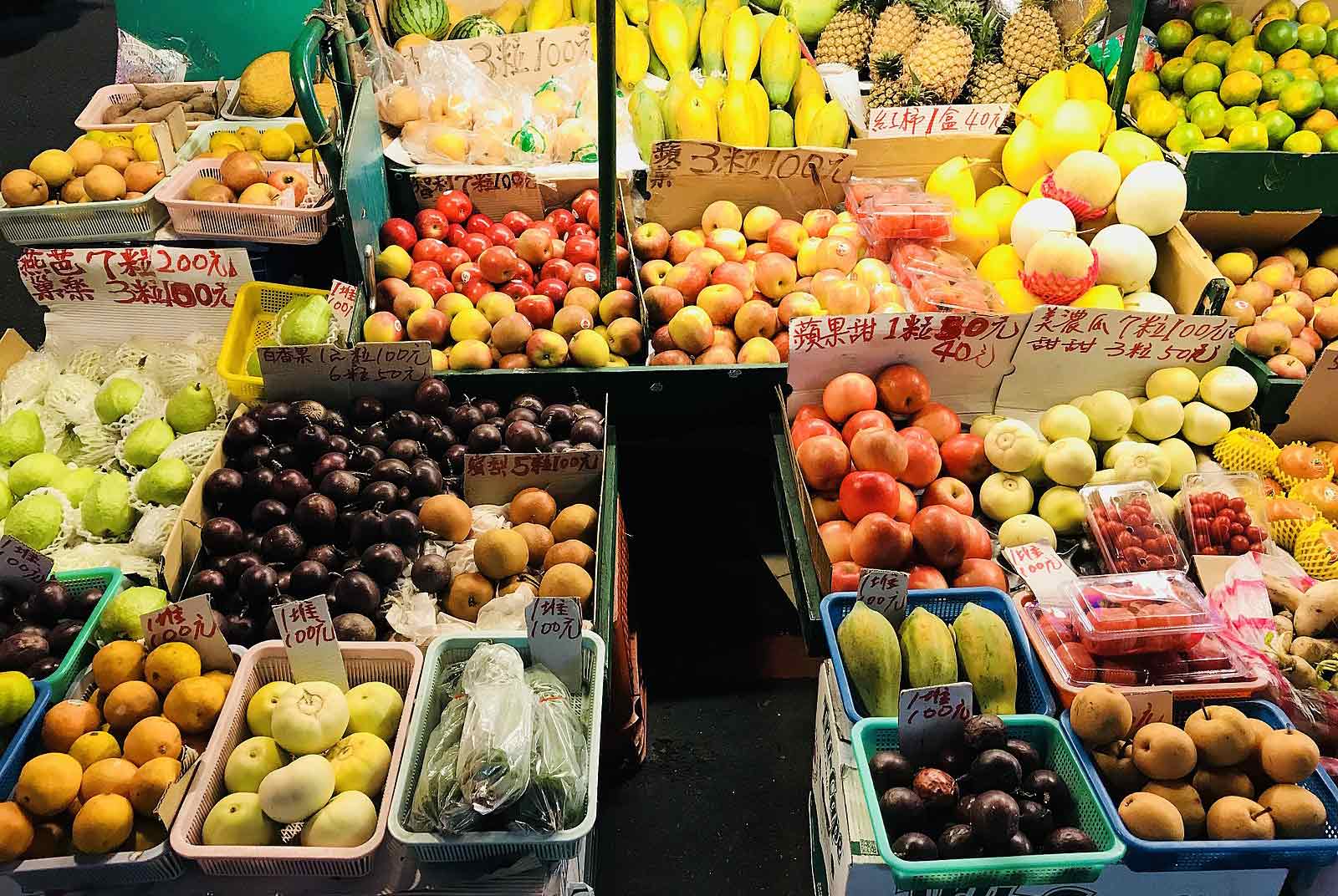Ah-Lang of Kenting
Barefoot through the Mountains and Surf

Source:Kuo-Tai Liu
In the course of a single day, this Kenting native may surf in the ocean and lecture on forest ecology in a national park, drawing his spiritual sustenance from the great outdoors along southern Taiwan's mountainous coast.
Views
Barefoot through the Mountains and Surf
By Yueh-lin MaFrom CommonWealth Magazine (vol. 475 )
The sea is sparkling in the sunlight under a hazy blue sky as the car passes Hengchun's Nanwan Beach, and for a moment it seems like you could reach right out and grab ahold of carefree youth.
Kenting, some may tell you, is the most laid-back spot in Taiwan. But for Ah-Lang, this is the place where his ambitions in life all began.
As many amateur surfers throughout Asia already know, the 6th annual Jialeshui International Surfing Festival will be held this October in and around Kenting. It's Taiwan's biggest surfing competition and is gradually making a name for itself in the international amateur surfing scene. This time around nearly 250 competitors are expected to test their skills on the waves, including entrants from the U.S., Japan and Australia.
Chou Kuang-fu, known locally as Ah-Lang, began organizing the festival and competition with a Japanese friend six years ago. In cultivating local competitors, seeking out corporate sponsorships and recruiting international judges, what remains foremost in Ah-Lang's mind is how to get the message to surfers the world over that southern Taiwan has the climate and the swell for year-round surfing.
"I took some Australian friends to some places around Pingdong and Taidong, and they couldn't believe that such perfect surf spots with such beautiful waves could be found with so few people on the waves," Ah-Lang says.
Surrounded on three sides by the Pacific, the Bashi Channel and the Taiwan Strait, riddled with surf breaks and boasting a mild average winter temperature of 24oC, the Hengchun Peninsula is the kind of paradise that many surfers from other countries only encounter in their dreams.
The son of a father from China and an indigenous Taiwanese mother, 38 year-old Ah-Lang runs a pair of surf shops in Kenting. He caters to Taiwanese tourists in the summertime and in winter has a sizable Japanese clientele. For Japan's two million surfers, Hengchun's relatively warm winters are just about right.
Battling Waves, Protecting Nature
"This extreme sport of surfing got started in both Japan and Taiwan after American soldiers brought it here, Ah-Lang says. It's only been during the past several years that surfing really began to catch on in Taiwan.
A surfer for nearly 20 years, Ah-Lang has a deep appreciation for the endless fascination to be found in "sparring with nature." Grappling with the sea is unpredictable. Will there be a break? Have to wait and see. Riptides and undertow are just part of the ongoing process of overcoming the challenges and pushing yourself. When you catch a wave, it'll likely be over in 20 or 30 seconds, and in that moment you can only act on reflex, relying on the experience you've built up.
"You just can't beat the stress-killing rush of dropping in on a wave two or three stories high," Ah-Lang says, keen also to point out that surfing consumes no energy resources and generates no pollution. Popularizing surfing in Kenting was a natural, as more people have been finding the beauty in their homeland through environmental protection efforts.
His surf proselytizing does not stop with international visitors. Each semester Ah-Lang and cohorts teach 12 surfing lessons to Kenting Elementary School students in grades four through six – not exactly the swimming lessons city kids get.
Last year, Ah-Lang specially introduced a "surf and rescue" program recognized by the Australian Department of Education in hopes of raising the standard of surfing in Taiwan.
"The highest level is level four, but no one in Taiwan has gotten a level two yet," he explains as he pulls out his Academy of Surfing Instructors level-one instructor training certification.
He's hopeful that bringing in more credible safety expertise and techniques will help alleviate some of the concerns over this extreme sport in both the public and private sector.
Despite his love of the ocean, Ah-Lang doesn't actually live at the beach. He's always lived in the mountaintop aboriginal village of Sheding adjacent to Kenting National Park, albeit just four kilometers from the beach. In just a ten-minute car ride, he can go from the vast expanse of the ocean to deep in the mountains.
"I feel good up in that mountain environment, watching the older guys arguing and fighting when they're drunk. Next day they're old pals again. What's not to like?" He does, however, have his worries about the future of his community.
Getting more deeply involved in village affairs, he became chairman of the Sheding Cultural Development Committee, providing incentives for students to crack the books and encouraging members of the Paiwan and other indigenous groups to become ecology lecturers in the national park.
Two decades ago the beaches of Kenting were barely an afterthought, as most visitors to the area sought their recreation in the surrounding mountain and forest areas. Now that the beaches have become a vacation hotspot, the park and mountains have lost their drawing power. Over the past five years, however, Sheding Village has been cooperating with Kenting National Park authorities in offering eco-tour guides.
Local Youth: The Legacy & the Future
Whether it's bird watching, observing newborn sika deer in the wild or spending an afternoon strolling through the mystical serenity of the mabolo tree forest, all have become extremely popular activities among visitors to the area.
There are currently 16 eco-guides residing in Sheding, all of whom are local indigenous people who grew up with these mountains as their playground, including Ah-Lang.
As cultural development committee chairman, Ah-Lang insists on linking eco-tours and local culture.
"It's hard for you to imagine, but when it comes to ecology those of us who actually live here can always come up with an interesting and relevant example right at hand," he says.
Visitors love to hear locals' childhood tales of hunting squirrels and playing with Euphorbia hirta (asthma weed) seeds, or finding the bioluminescent mushroom species Mycena chlorophos in the dead of night, or catching now-protected Megacrania tsudai walking sticks.
From the mountains to the beaches, from hunters to eco-tour guides, from a tiny coastal village to a vacation resort attracting five million tourists annually, the face of Kenting has changed dramatically these past two decades.
Ah-Lang is nothing like the character Aga in the film "Cape No. 7," who smashes his guitar before riding his motorcycle down Highway 1 to his hometown of Hengchun. His story, however, is similar to those of many local young people who have opted to remain in their hometown. He's sold pizza, operated an interior design firm, opened a tattoo parlor and run a small hotel, but he's never given up the pursuit of his dreams and his search for an opportunity to give back to his community.
"We need these kinds of young people to step up and get things done, who are willing to take on some responsibility for the village," remarks Pan Yimei, operator of the Red Garden Resort in Kenting. Ah-Lang is more than willing to take on that burden; he does what he can and finds joy in doing it, Pan says.
Out on the beach waiting for the swell to build, Ah-Lang says more than once: "These mountains are rich in resources." He refers to the blessings nature has bestowed and the naturalist wisdom passed down from preceding generations. The swell still has not materialized amid the gently blowing breeze, but the surfing contest he has masterminded has already pushed Kenting into the crest of a new, oncoming wave.
"I often wonder what else I can possibly do to make others feel the sense of happiness and beauty that I do," he says.
That is the prime motivator behind his promotion of surfing and the reason local indigenous people have moved from being hunters to lecturers on locale ecology. From mountain summits to seaside horizons, Ah-Lang's indigenous blood runs with untrammeled passion somewhere between lush green forest and the deep azure sea.
Translated from the Chinese by Brian Kennedy






